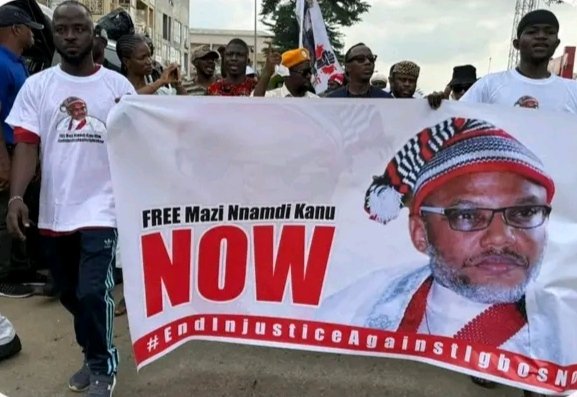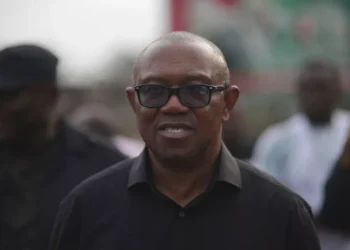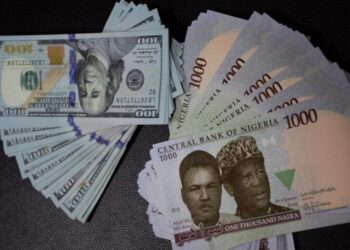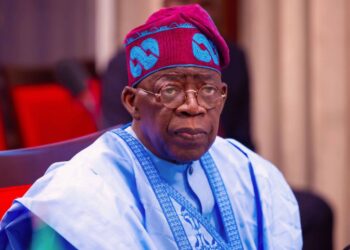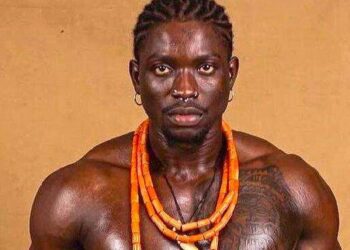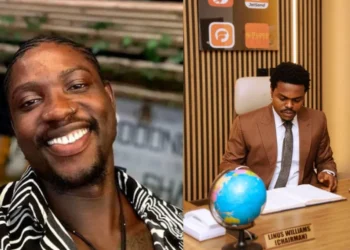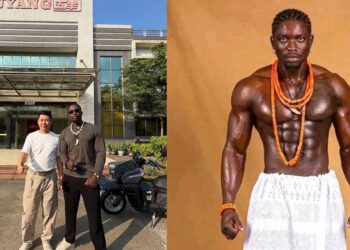On Monday, October 20, 2025, the streets of Abuja witnessed a tense standoff as members of the #FreeNnamdiKanu movement clashed with law enforcement during a protest demanding the release of the detained IPOB leader. The Nigeria Police Force responded with teargas, citing violations of a court order that restricted protests in certain areas of the capital.
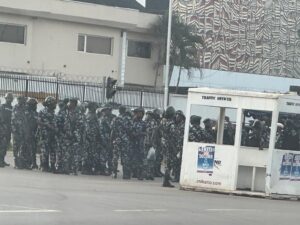
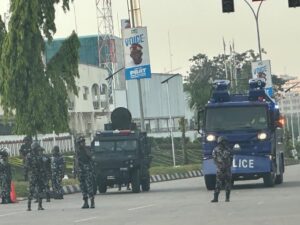
What Sparked the Protest?
Supporters of Nnamdi Kanu, the leader of the Indigenous People of Biafra (IPOB), gathered in Utako, Abuja, calling for his immediate release. The protest was part of a larger campaign that has gained momentum in recent weeks, fueled by claims of political persecution and demands for a peaceful resolution.
Despite warnings from authorities, protesters blocked key roads, prompting police intervention. According to Force Public Relations Officer CSP Benjamin Hundeyin, the police did not initiate roadblocks but acted to clear the obstruction caused by demonstrators.
Activist Omoyele Sowore addressed the crowd before the dispersal, calling for a political solution and condemning what he described as propaganda against Kanu. Other public figures, including lawyer Kenneth Okonkwo, echoed similar sentiments, urging the government to reconsider its stance and engage in dialogue.
The protest highlights ongoing tensions between civil liberties and national security. While the government maintains that restrictions are necessary to prevent unrest, critics argue that peaceful assembly is a constitutional right.
Legal experts suggest that the case could set a precedent for how future protests are handled, especially those involving high-profile political detainees.
Final Thoughts
As Nigeria continues to navigate complex political terrain, the #FreeNnamdiKanu movement remains a flashpoint for national debate. Whether through legal channels or political negotiation, the outcome of this case will likely shape the future of civic activism in the country.



